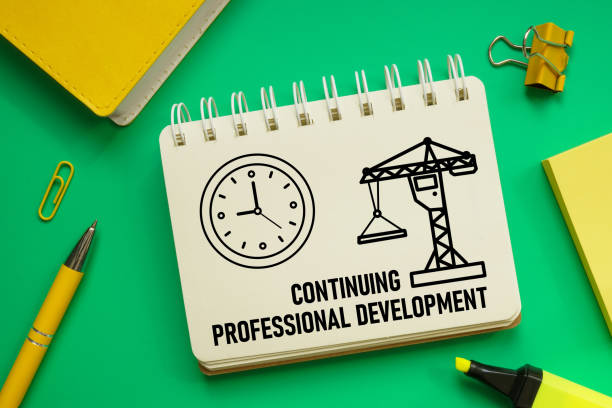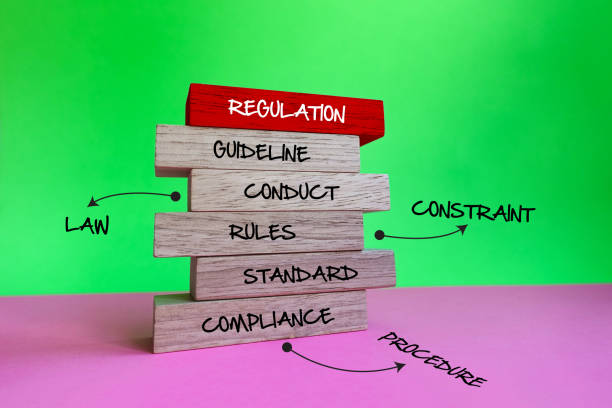Becoming a Chartered Accountant opens doors to a world of possibilities, but staying sharp in this fast-paced field demands ongoing development. This article dives into professional development for CAs, exploring ways to build skills, meet requirements, and advance careers. It builds on the insights from Career Opportunities After Becoming a Chartered Accountant, which highlights traditional roles like auditing and tax advisory, emerging areas such as ESG consulting and data analytics, and global prospects in banking or entrepreneurship. That piece emphasizes specializing early, networking, and using platforms like Knowsia for upskilling, showing how the CA qualification serves as a foundation for diverse paths limited only by your drive.
The Importance of Continuous Development in Accounting

Chartered Accountants face constant changes—from evolving tax laws to new tech like AI in auditing. That’s why continuous development isn’t optional; it’s essential for staying relevant. Without it, you risk falling behind in a profession where accuracy and insight drive success. Regulatory bodies worldwide mandate it, ensuring CAs deliver top-notch service.
Take India, for instance. The Institute of Chartered Accountants of India (ICAI) stresses that ongoing learning keeps members competent under the Chartered Accountants Act. Globally, similar expectations apply, pushing CAs to adapt. This development boosts confidence, opens promotions, and even increases earning potential. A CA who masters blockchain, say, can command higher fees in consulting gigs.
But it’s not just about compliance. Development fosters innovation. You might start with basic financial reporting but evolve into a strategic advisor, guiding businesses through mergers or sustainability reporting. And let’s be honest, in a competitive job market, those who invest in themselves stand out. Employers notice certifications or workshop attendance on a resume—it’s a signal you’re proactive.
Key Areas for Skill Development
Focusing on specific areas accelerates growth. Technical prowess remains core, but soft skills and leadership are game-changers too.
Technical Skill Development
Core accounting skills need regular sharpening. Think auditing standards, tax codes, and financial modeling. With digital tools rising, CAs should tackle data analytics or cybersecurity. For example, learning Python for financial data analysis can transform how you handle audits.
Regulatory updates demand attention. In India, ICAI requires structured learning on Standards on Auditing and Code of Ethics. Elsewhere, like in the UK with ICAEW, technical competence is one of seven skill ladders, covering everything from compliance to risk management.
Emerging tech is huge. Blockchain for transparent ledgers or AI for predictive analytics—these aren’t buzzwords; they’re tools reshaping the field. A CA versed in them might advise on crypto taxation, a niche exploding in demand.
Soft Skills Development
Don’t underestimate communication or teamwork. ICAEW’s ladders include these, urging CAs to log real-world examples using the STAR method. Picture explaining complex tax strategies to non-finance execs—that’s where clear messaging shines.

Problem-solving and decision-making round it out. In volatile markets, CAs must analyze scenarios quickly. Workshops on negotiation or emotional intelligence help here, turning technical experts into well-rounded pros.
Leadership and Management Development
As careers progress, leadership beckons. Roles like CFO require managing teams, not just numbers. Development in this area might involve courses on strategic planning or change management.
Mentoring programs build these skills organically. Guiding juniors hones your ability to delegate and inspire. Plus, it satisfies CPD hours in many jurisdictions.
Methods to Pursue Professional Development
Plenty of avenues exist, from formal programs to self-paced learning. Mix them for balanced growth.
Continuing Professional Development (CPD) Programs
CPD is the backbone. In Australia and New Zealand, CA ANZ mandates 120 hours every three years, with 90 verifiable. ICAI in India sets 40 annual hours for most COP holders under 60, split between structured and unstructured activities. Structured means seminars or e-learning; unstructured could be reading journals.
Non-compliance has teeth—fines, status flags, even disciplinary action. But the upside? It keeps you current. Track hours via portals like ICAI’s CPE app.
Certifications and Advanced Qualifications
Boost your profile with add-ons. CPA, CMA, or CIA certifications expand horizons. For fraud detection, CFE is gold. These often count toward CPD.
In tech, certifications in data analytics or sustainability reporting align with trends like ESG. Platforms offer these, sometimes with flexible schedules.
Online Learning Platforms
Digital options make development accessible. Knowsia stands out, letting you learn smarter with AI-powered tools, question banks, and expert content across CA topics and beyond. At Knowsia, we believe education empowers, so you can access CPDs, tech courses, and even teach to earn—monetizing your knowledge while growing.
Other sites provide webinars on AI in accounting or blockchain. Self-directed learning here fits busy schedules, with podcasts or videos counting as unstructured CPD.
Workshops, Seminars, and Conferences
Hands-on events spark ideas. Conferences feature keynotes on innovations, plus networking. ICAEW or ICAI host plenty, often virtual now.
Seminars dive deep—say, a day on GST updates. They build connections too, leading to collaborations.
Networking and Mentorship
Relationships fuel growth. Join LinkedIn groups or ICAI events. Mentorship, where a senior guides you, develops skills like leadership.
Volunteering, like pro bono audits, applies knowledge differently, earning CPD hours.
Role of Regulatory Bodies in Guiding Development

Bodies like ICAI, ICAEW, and CA ANZ set standards. ICAI’s CPE Committee organizes programs, tracking compliance. They offer resources, from digital hubs to advisories.
Globally, alignment exists—ICAS in Scotland provides specialist guidance. These ensure ethical, competent practice.
Challenges in Professional Development
Time constraints top the list. Busy CAs juggle clients and learning. Cost is another—certifications aren’t cheap.
Motivation dips during slumps, and access varies in remote areas.
Overcoming Challenges and Best Practices
Prioritize: Schedule CPD like client meetings. Opt for online options to save time.
Budget wisely—many employers reimburse. Set goals, like one certification yearly.
Track progress with apps. Join communities for accountability. Knowsia helps here, with flexible learning and earning incentives.
Real-World Examples of Successful Development
Consider a CA who pivoted to ESG via courses—now advising multinationals. Or one using AI tools from webinars to streamline audits, boosting firm efficiency.
In India, many leverage ICAI’s digital hub for mandatory ethics hours, advancing to partner roles.
Conclusion
Professional development for CAs isn’t a chore; it’s the key to thriving. From CPD mandates to skill-building methods, investing pays off in career leaps. Whether through Knowsia‘s empowering platform or global certifications, keep pushing. Your next big opportunity awaits those who evolve.

